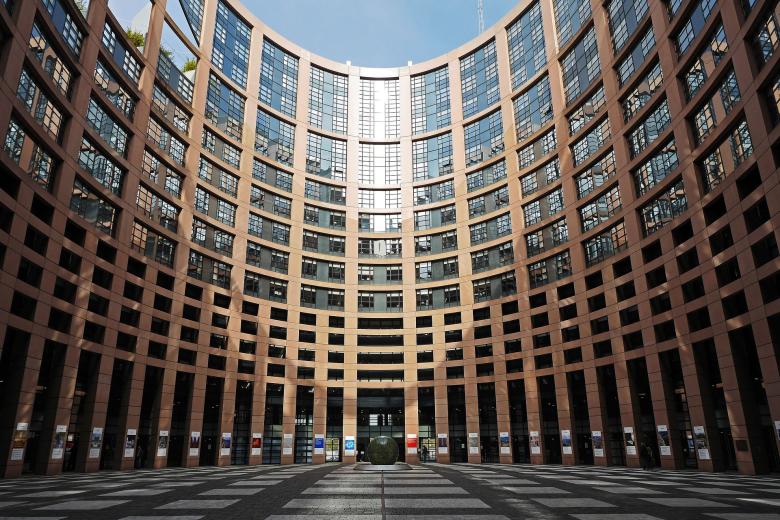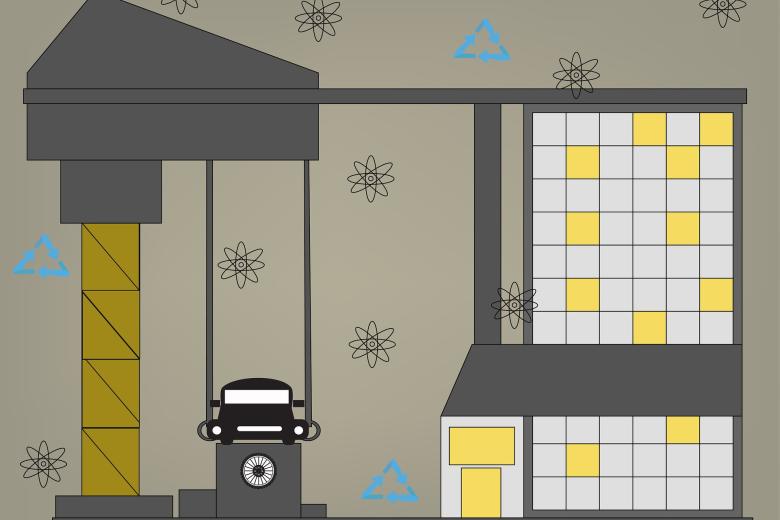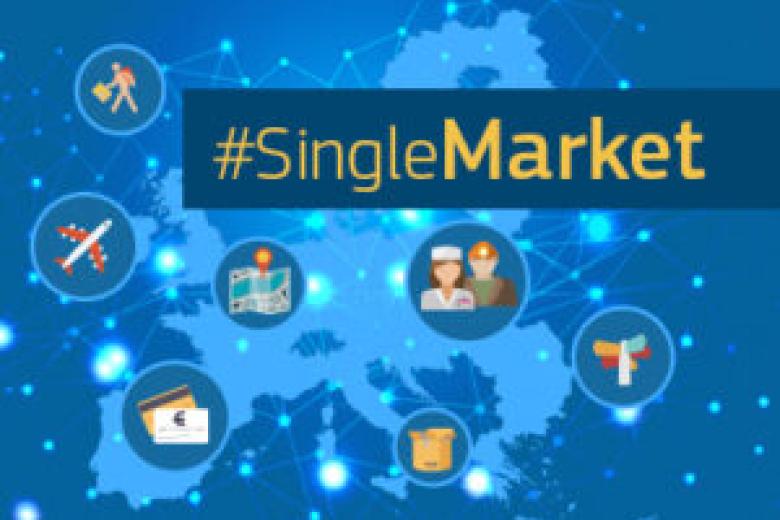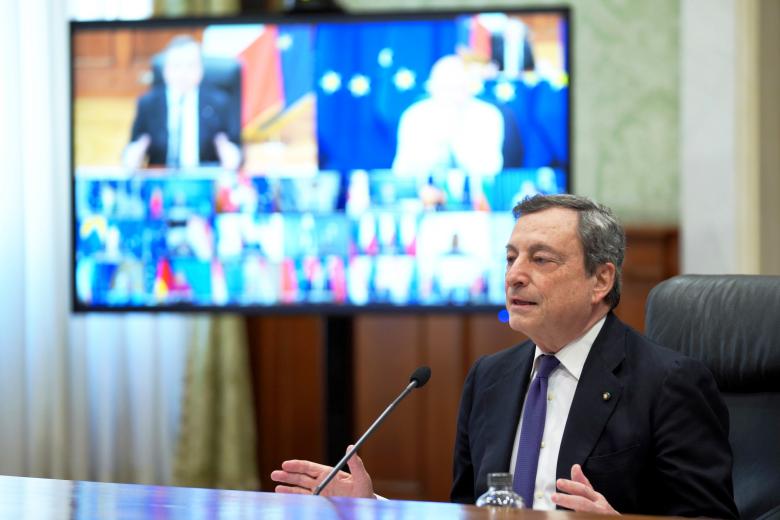On 10 June, the European Parliament passed a resolution on the application of the Conditionality Regulation. In it, it recalls its resolution of 25 March earlier this year where it requested the Commission to adopt the guidelines for the application of the regulation by the first of June.

Patent Aggregation in the Great White North
- Law
Patent aggregation is one of the critical paths to raise revenue and earn a return on investment in the ICT sector. It comprises all activities whereby firms build sets of related patents, so-called patent portfolios, and subsequently use these beyond manufacturing. Different kinds of entities pursue such patent aggregation activities, well beyond the usual suspects of patent trolls and pools. The main distinction between patent aggregators is between practising entities and non-practising entities. The former ones are vertically integrated patentees that both sell patent implementing products and monetise their patents. The later ones are patentees operating only in upstream technology markets without downstream product activities. Several notable instances of patent aggregation activities relate to Canadian firms.

Dissecting a legal source into seven pieces
- Law
Monographs and law review articles are legal sources that can be better studied and understood by dissecting (Lat. dissecare) or “cutting” them into seven pieces. Looking carefully at those pieces–as when dissecting organisms in biological sciences–can help researchers to work with sources. Monographs and law review articles can be building blocks for research projects.

Linking the product to its origin: geographical indications and the protection of origin products
- Law
Geographical indications (hereinafter GIs) are signs used to safeguard the existence of a link between a product and its place of origin, focusing on quality and tradition.

European patent judiciary in the light of the emergence of the unified patent court: challenges and debates
- Law
For more than 40 years now, the harmonisation and unification of the European patent law have been discussed. So far, the only European legal instrument regulating substantive patent matters is a European Patent Convention (EPC) signed in 1973. The EPC, however, is outside the EU’s legislative and judicial framework - once granted the European patents by the European Patent Office (a non-EU institution itself), their enforcement is entirely within the competence of the national courts of signatory countries of the EPC.

Help us improve transparency online and build a better digital society
- Law
Survey on the Maastricht University Data Protection as a Corporate Social Responsibility (UM DPCSR) Icons Version 1.0 to facilitate users’ understanding of how their data is used.

Dare to be a leader: do not take that next flight
- Law
Maastricht University is proud of its international character, and I am too. It is the most international university in (the small country) the Netherlands. Its teaching and research programs touch upon many European and global issues. Given this profile, travelling by staff and students was common behaviour before the pandemic broke out.

The implementation challenge of art. 17 CDSM directive: an “institutional” option?
- Law
Constructing a functioning single market for business and trade among the Member States of the European Union (EU) has been the cornerstone of the EU project, and remains one of the strongest drivers for EU-level legislative reform. Over the years, the EU has prioritized the harmonization of copyright and related rights by passing a series of Directives and Regulations aiming to unify aspects of Member States’ regulatory practices, and thereby improve the overall functioning of the “Single Market.”

Are experts back in fashion? Four scenarios concerning the contestation of expertise in the European Union
- Law
There has been substantial political debate over the last decade about the role of experts in policymaking. But how are these trends likely to develop in future? Drawing on a new edited volume, Vigjilenca Abazi, Johan Adriaensen and Thomas Christiansen set out four distinct scenarios concerning the future role of expertise in policymaking within the EU.

The European Super League: opening the floodgates of competition law
- Law
Recent days have seen the meteoric rise and fall of the European Super League (ESL). This new league would have consisted of 15 founding clubs and 5 other clubs; the former consisting of ‘big clubs’ which could not be relegated and the latter in clubs who performed well over the past years on a rotational basis. Following the announcement, the proposal was met with severe backlash and most founding clubs withdrew from the competition, marking the ESL's swift collapse.
